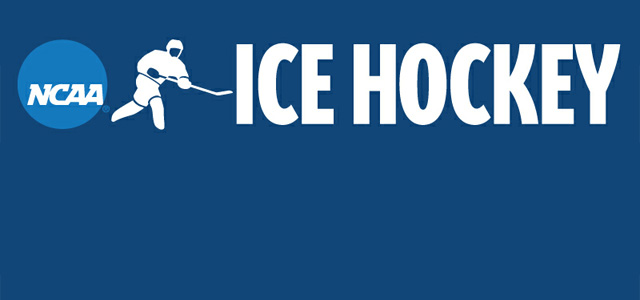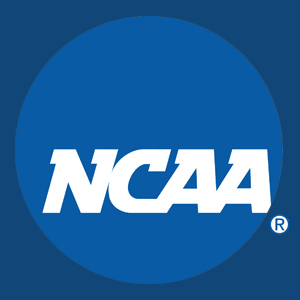NCAA’s rules committee to examine allowing shields; Anastos named new committee chair
The NCAA Ice Hockey Rules Committee released a statement today regarding a variety of topics, including potentially allowing players to wear three-quarter visors instead of the traditional cage face protection.
The release also announced that Michigan State coach Tom Anastos has been named the new chair of the committee, effective Sept. 1
Other topics discussed include giving conferences the option of playing a four-on-four overtime period of five minutes, a proposal to make hand passes illegal in the defensive zone, adjustments on net dislodgement rules, discussion on the ever-popular ‘distinct kicking motion,’ mandatory usage of a two-referee, two-linesman system, and a post-game review of disqualifications.
Three-quarter visors
Contrary to rumors circulating around the Internet, there has been no decision on allowing visors into NCAA hockey – yet. The rules committee said they will establish a collaborative process with the NCAA Committee on Competitive Safeguards and Medical Aspects of Sports to collect data and then decide on actions moving forward.
The release said that a recent survey of 1,000 student-athletes revealed that 83 percent of players would prefer the use of a three-quarter shield to that of a traditional cage. Coaches also favored the usage of shields in an “overwhelming majority.”
The development of newer, better facial shields that are more protective than traditional half-shields is one driving factor for the committee’s reconsideration of appropriate equipment. In its review, the committee believes that other aspects of equipment must be considered in conjunction with visor technology. For example, representatives of the NHL recently discussed working with manufacturers to develop softer padding, and the NCAA will engage in that discussion.
“Our coaches and student-athletes feel the game will be played with more respect, and players will play with less of a sense of invincibility,” said Ed McLaughlin, the chair of the Ice Hockey Rules Committee and director of athletics at Niagara, within the release. “We’ve talked about the visors, but also about softer padding in general as another important part of this.”
Overtime option
The committee announced a recommendation that gives conferences and teams the option of playing NHL-style overtime – four-on-four for five minutes.
The format for NCAA tournament games will remain five-on-five until a decisive goal is scored.
“There was some support in the membership for four-on-four overtime, and it is an exciting brand of hockey,” McLaughlin said. “We also wanted to respect the membership views that it might not be the best for all levels of hockey right now. Providing an option for everyone is the right step for us.”
Hand passes made illegal
There was a proposal from committee members that will make all hand passes, including within a team’s own zone, illegal.
The referee will stop play on any hand pass, and the faceoff will be in the offending team’s defensive zone. Additionally, if the team commits the violation in its defensive zone, that team will not be able to change its players before the ensuing faceoff.
Net dislodgement change
The NCAA’s net dislodgement rules – debated in our state after a questionable no-goal ruling against MSU in the national tournament – have been adjusted to match with the NHL. The new rules allow for “some displacement of the goal as long as the posts remain in contact with the pegs or pins.
Distinct kicking motion
The committee approved a change that will allow more goals off of a player’s skate, with the exception being a goal scored with a distinct kicking motion.
Officiating system
The committee voted to make a two-referee, two-linesman system mandatory for the 2013-14 season. Also, goal judges are no longer required, only recommended.
Postgame review of disqualifications
On-ice officials will now be allowed to review disqualification penalties after a game.
To see more about the announcement, here is the NCAA’s official release.


